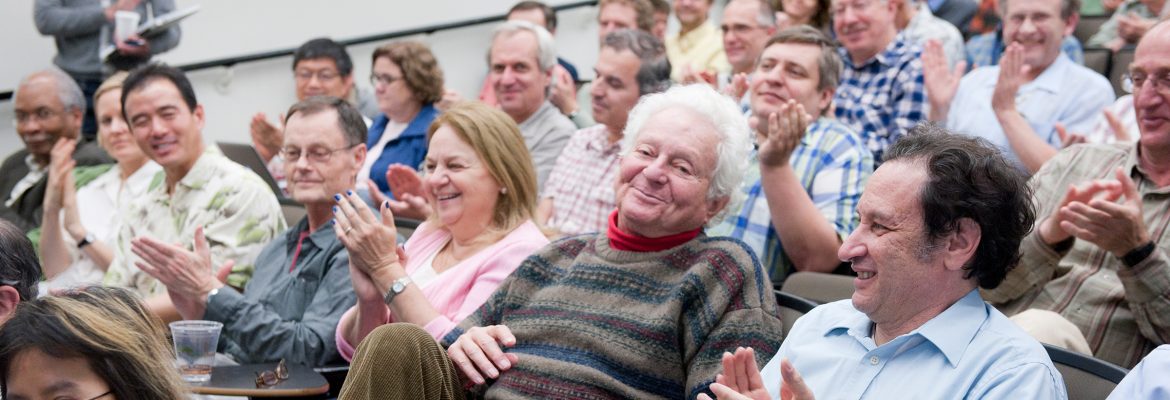Fermilab’s Batavia site is open to the public. View details on hours, activities and site access requirements.
Most colloquia are open to the public, please check for details.
All colloquia are held in Wilson Hall, 1 West unless otherwise specified.
All colloquia are held in Wilson Hall, 1 West unless otherwise specified.
The Fermilab colloquium introduces a wide range of scientific and science-related topics presented by notable speakers from across the country and around the world.
Upcoming colloquia
An integral part of Fermilab’s academic culture, “orange” colloquium talks are aimed at a broad scientific and technical audience, while “green” talks are of general interest to everyone.
Appropriate for physicists Appropriate for all attendees
March 11, 2026, 3:30 pm US/Central
Simulating nonequilibrium fundamental physics, including high-energy and cosmological phenomena using condensed-matter systems, AMO platforms, quantum simulators, and quantum-computing platforms, has a long history. I will discuss the development of these studies (e.g., simulations of quantum field theory in curved spacetime) as I have observed them since my PhD, and present my own research on the Kibble–Zurek mechanism, whose original aim was to mimic cosmological phase transitions in condensed-matter systems.
March 25, 2026, 3:30 pm US/Central
The new concept of Information Realism in contemporary Art is analyzed, its objective to understand the fundamental workings of Reality, and similarities in its methodology to Science. This novel idea is an integral part of my new works produced for the Guest Artist at Fermilab 2025. Unlike other approaches to Art that are concerned only... More »
April 1, 2026, 3:30 pm US/Central
Severe thunderstorms have shaped communities, landscapes, and lives for as long as humans have kept records of the weather. From historic tornado outbreaks and destructive hailstorms to today’s increasingly high-impact events, these storms remain among nature’s most powerful, and least understood, hazards.
This talk explores how our understanding of severe thunderstorms has evolved over time. We begin with a look at the past: how early observations, eyewitness accounts, and the first weather maps helped scientists recognize patterns in tornadoes, hail, damaging winds, and flash flooding. We then move to the present, highlighting how modern tools (e.g., weather radar, satellites, storm-scale computer models, and field experiments) have dramatically improved our ability to observe, forecast, and warn for severe weather, saving lives and reducing risk.
Finally, we look ahead to the future. How might a warming climate influence severe thunderstorms? Are tornadoes becoming more common, or simply better observed? What does the future hold for hailstorms, extreme rainfall, and high-wind events. What uncertainties remain? The talk concludes by discussing how science, technology, and communication must work together to build more weather-ready communities in an era of growing exposure and vulnerability.

